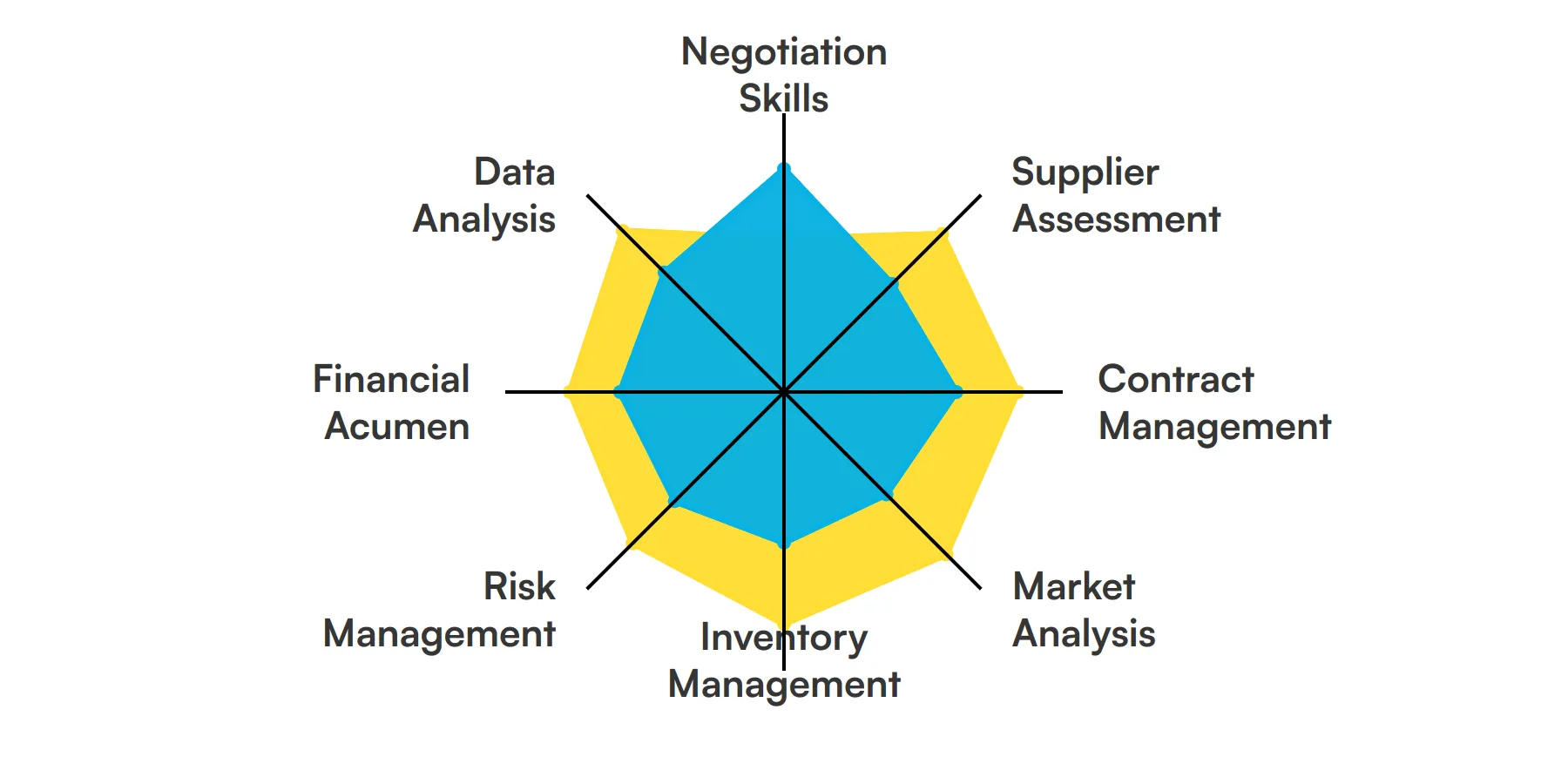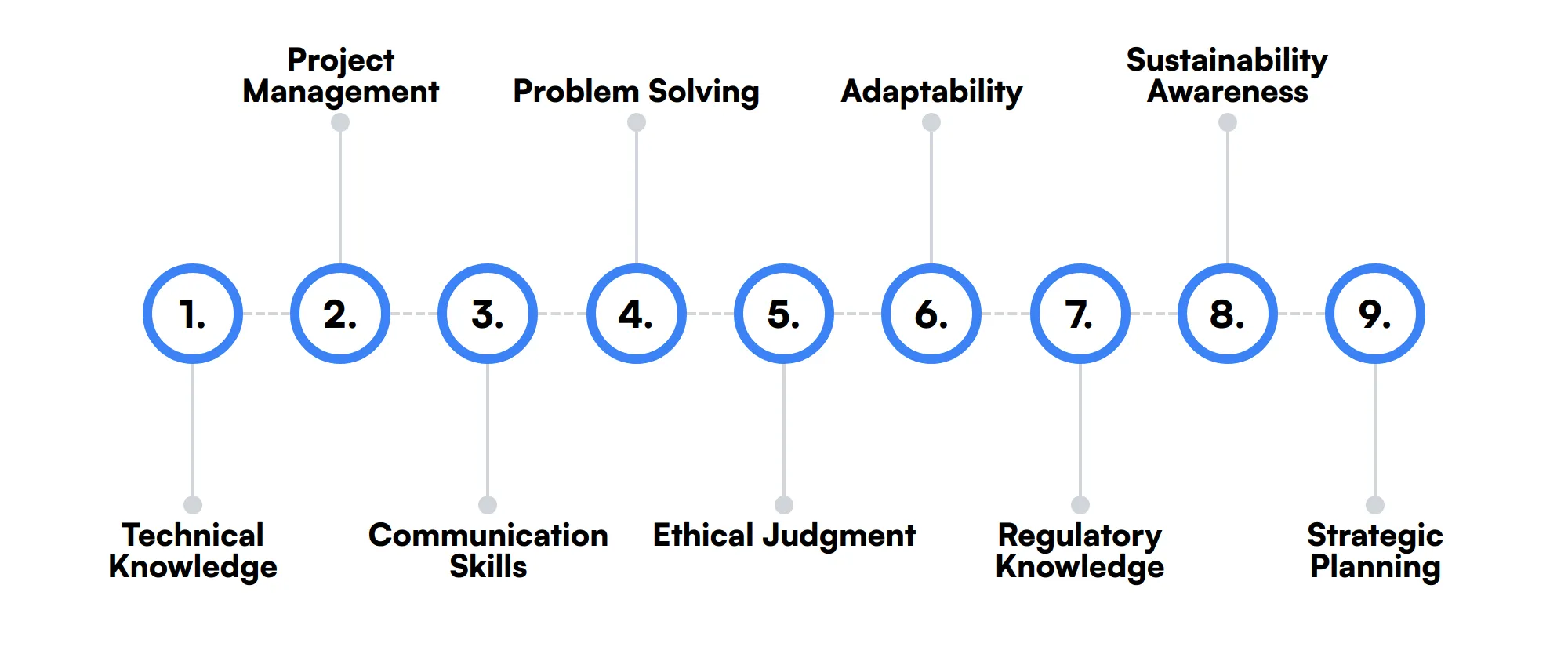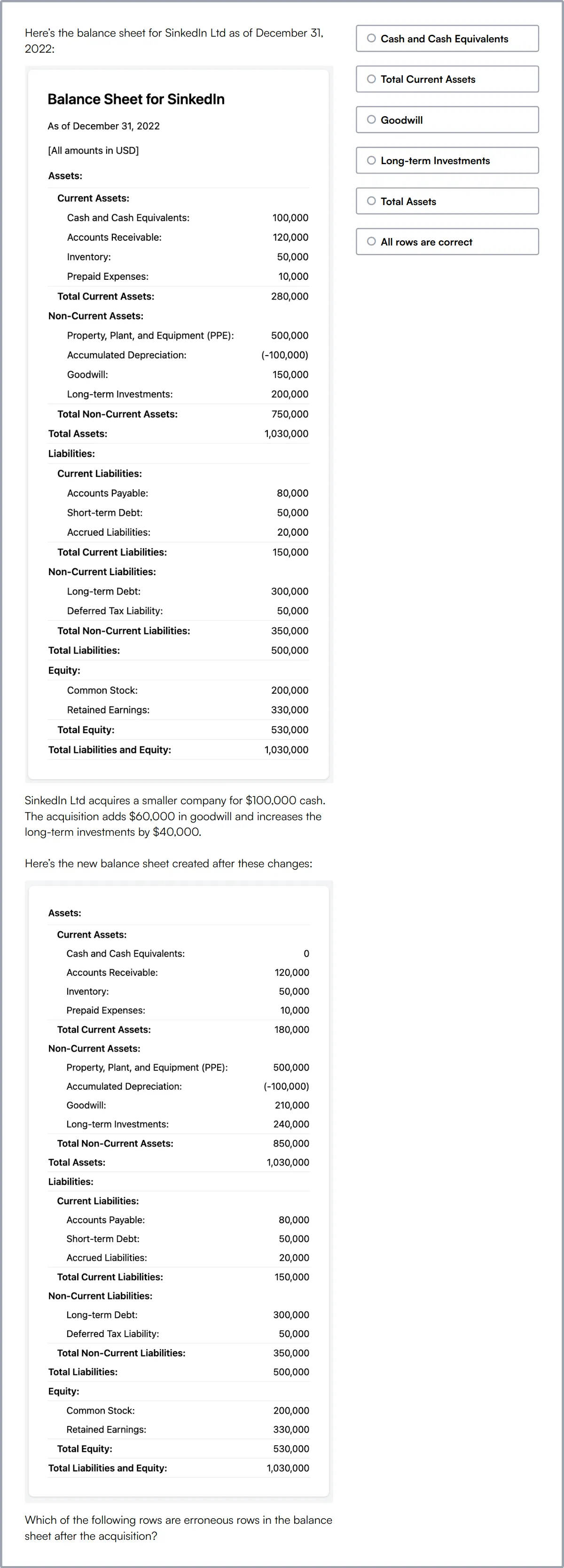A Purchasing Officer plays a critical role in any organization by ensuring that all procurement activities align with corporate goals and budget. They are responsible for sourcing equipment, goods, and services, and managing vendors to secure the most advantageous terms.
Key skills for a Purchasing Officer include negotiation, supplier relationship management, and a strong understanding of supply chain mechanics. Additionally, analytical skills and attention to detail are crucial in evaluating potential suppliers and assessing the quality of products and services.
Candidates can write these abilities in their resumes, but you can’t verify them without on-the-job Purchasing Officer skill tests.
In this post, we will explore 8 essential Purchasing Officer skills, 9 secondary skills and how to assess them so you can make informed hiring decisions.
Table of contents
8 fundamental Purchasing Officer skills and traits
The best skills for Purchasing Officers include Negotiation Skills, Supplier Assessment, Contract Management, Market Analysis, Inventory Management, Risk Management, Financial Acumen and Data Analysis.
Let’s dive into the details by examining the 8 essential skills of a Purchasing Officer.

Negotiation Skills
A Purchasing Officer must be adept at negotiating terms with suppliers to secure the best prices and terms. This skill is crucial for managing costs and ensuring the organization gets the maximum value from its purchases.
Supplier Assessment
Evaluating and selecting suppliers based on their ability to supply goods and services in accordance with the organization's requirements is a key responsibility. This involves analyzing the supplier's reliability, quality, and cost-effectiveness.
For more insights, check out our guide to writing a Purchasing Officer Job Description.
Contract Management
Managing contracts effectively ensures that all parties adhere to agreed terms, which is essential for maintaining business relationships and operational efficiency. A Purchasing Officer uses this skill to oversee contract performance and compliance.
Market Analysis
Understanding market trends and conditions helps a Purchasing Officer make informed decisions. This skill involves analyzing the market to anticipate changes in pricing and availability of goods and services.
Inventory Management
Effective inventory management ensures that the right amount of products is available when needed, without overstocking. This skill helps in optimizing inventory levels to meet the demands without incurring unnecessary costs.
Risk Management
Identifying and mitigating risks associated with purchasing activities is vital. This includes assessing potential supplier risks, contract risks, and market risks to prevent disruptions in the supply chain.
Financial Acumen
A Purchasing Officer must understand financial metrics and budgeting processes to manage purchasing costs within the allocated budget effectively. This skill is important for cost control and financial planning.
Check out our guide for a comprehensive list of interview questions.
Data Analysis
Analyzing purchasing data helps in making evidence-based decisions. This skill involves using data analytics tools to evaluate supplier performance, cost trends, and the overall efficiency of the purchasing process.
9 secondary Purchasing Officer skills and traits
The best skills for Purchasing Officers include Technical Knowledge, Project Management, Communication Skills, Problem Solving, Ethical Judgment, Adaptability, Regulatory Knowledge, Sustainability Awareness and Strategic Planning.
Let’s dive into the details by examining the 9 secondary skills of a Purchasing Officer.

Technical Knowledge
Understanding the technical specifications and requirements of the products and services being purchased is important for ensuring that the needs of the organization are met.
Project Management
Coordinating with multiple departments and managing multiple procurement projects simultaneously requires effective project management skills.
Communication Skills
Clear communication with suppliers and internal stakeholders is necessary to ensure that all purchasing activities align with organizational goals.
Problem Solving
The ability to quickly identify problems and think through solutions is crucial when issues arise with suppliers or within the supply chain.
Ethical Judgment
Making decisions that adhere to ethical standards and corporate social responsibility guidelines is important for maintaining the organization's reputation.
Adaptability
The purchasing environment is dynamic, and being able to adapt to new processes, technologies, and market conditions is necessary for success.
Regulatory Knowledge
Understanding and complying with relevant laws and regulations is crucial to avoid legal issues and ensure that purchasing practices are above board.
Sustainability Awareness
Considering environmental impacts and sustainability in purchasing decisions is increasingly important for modern businesses.
Strategic Planning
Developing long-term purchasing strategies that align with organizational goals helps in achieving sustainable growth and competitive advantage.
How to assess Purchasing Officer skills and traits
Assessing the skills and traits of a Purchasing Officer is a nuanced process that requires a deep understanding of the role's demands and the specific skills required.
While resumes provide a snapshot of a candidate's experience, they often fall short in revealing the true depth of a candidate's abilities in negotiation, supplier assessment, contract management, and other critical areas. To truly understand a candidate's potential, hands-on assessment methods are necessary.
Using tailored assessments like those offered by Adaface can significantly streamline the hiring process. These assessments are designed to measure a candidate's proficiency in key areas such as market analysis, inventory management, risk management, financial acumen, and data analysis. By incorporating these tests, companies have reported an 85% reduction in screening time. Learn more about these assessments at Adaface.
Let’s look at how to assess Purchasing Officer skills with these 3 talent assessments.
Market Research Test
Our Market Research Test evaluates a candidate's proficiency in market research techniques, data analysis, and market analysis, crucial for strategic decision-making in purchasing.
The test assesses the candidate's ability to perform data interpretation and quantitative analysis, focusing on real-world business intelligence and marketing scenarios.
Candidates who score well demonstrate a strong aptitude for dissecting market trends and translating data into actionable insights.

Financial Accounting Online Test
Our Financial Accounting Online Test screens candidates on their knowledge of financial statements, accounting principles, and financial analysis, which are key for managing budgets and financial planning in purchasing.
This test evaluates a candidate's understanding of double-entry bookkeeping, assets and liabilities management, and the ability to apply financial ratios and accounting standards in practical scenarios.
High performers are adept at interpreting complex financial data and can effectively communicate financial information to stakeholders.

Data Analysis Test
Our Data Analysis Test assesses a candidate's capability to analyze, interpret, and utilize data effectively, using tools like SQL and Excel, which are essential for data-driven decision-making in purchasing.
The test challenges candidates with scenarios involving data modeling, statistical analysis, and business analysis fundamentals to identify trends and make predictions.
Successful candidates will demonstrate proficiency in handling data operations and investigations, crucial for optimizing purchasing strategies and operations.

Summary: The 8 key Purchasing Officer skills and how to test for them
| Purchasing Officer skill | How to assess them |
|---|---|
| 1. Negotiation Skills | Evaluate ability to secure favorable terms through simulated negotiation scenarios. |
| 2. Supplier Assessment | Assess candidate's proficiency in evaluating suppliers through case study analysis. |
| 3. Contract Management | Test understanding of contract terms and compliance through role-play exercises. |
| 4. Market Analysis | Check candidate's ability to analyze market trends and data insights. |
| 5. Inventory Management | Observe skills in optimizing stock levels and order frequency in simulations. |
| 6. Risk Management | Gauge risk identification and mitigation strategies through scenario-based questions. |
| 7. Financial Acumen | Examine understanding of financial metrics and budget management in tests. |
| 8. Data Analysis | Assess ability to interpret and leverage data through practical tests. |
Cyber Security Assessment Test
Purchasing Officer skills FAQs
What are the key negotiation skills required for a Purchasing Officer?
Purchasing Officers need to be skilled in bargaining, understanding supplier psychology, and making compromises that benefit their organization while maintaining strong relationships with suppliers.
How can recruiters assess a candidate's supplier assessment capabilities?
Recruiters can evaluate this skill by presenting candidates with scenarios that require them to analyze supplier data, review performance metrics, and make decisions based on supplier reliability and product quality.
What is involved in contract management for a Purchasing Officer?
Contract management involves drafting, evaluating, and negotiating contracts, ensuring compliance with terms, and managing amendments or renewals. It requires attention to detail and legal knowledge.
Why is market analysis important for a Purchasing Officer?
Market analysis helps officers understand industry trends, pricing dynamics, and supply chain disruptions, enabling them to make informed purchasing decisions and anticipate market changes.
How does a Purchasing Officer use financial acumen in their role?
Financial acumen allows officers to analyze budgets, cost structures, and financial reports to ensure purchases align with company financial goals and optimize spending.
What role does sustainability awareness play in the responsibilities of a Purchasing Officer?
Sustainability awareness is key in selecting eco-friendly suppliers, reducing environmental impact through strategic purchasing, and complying with green regulations, reflecting the company's commitment to sustainability.
How can problem-solving skills be assessed during the hiring process for a Purchasing Officer?
Assess problem-solving skills by giving candidates real-life purchasing dilemmas to solve, such as dealing with a sudden vendor shortfall or resolving quality issues with received goods.
What is the importance of regulatory knowledge for a Purchasing Officer?
Regulatory knowledge ensures that purchasing practices comply with all applicable laws and regulations, preventing legal issues and maintaining the organization's reputation.
Assess and hire the best Purchasing Officers with Adaface
Assessing and finding the best Purchasing Officer is quick and easy when you use talent assessments. You can check out our product tour, sign up for our free plan to see talent assessments in action or view the demo here:

40 min skill tests.
No trick questions.
Accurate shortlisting.
We make it easy for you to find the best candidates in your pipeline with a 40 min skills test.
Try for freeRelated posts
Free resources



